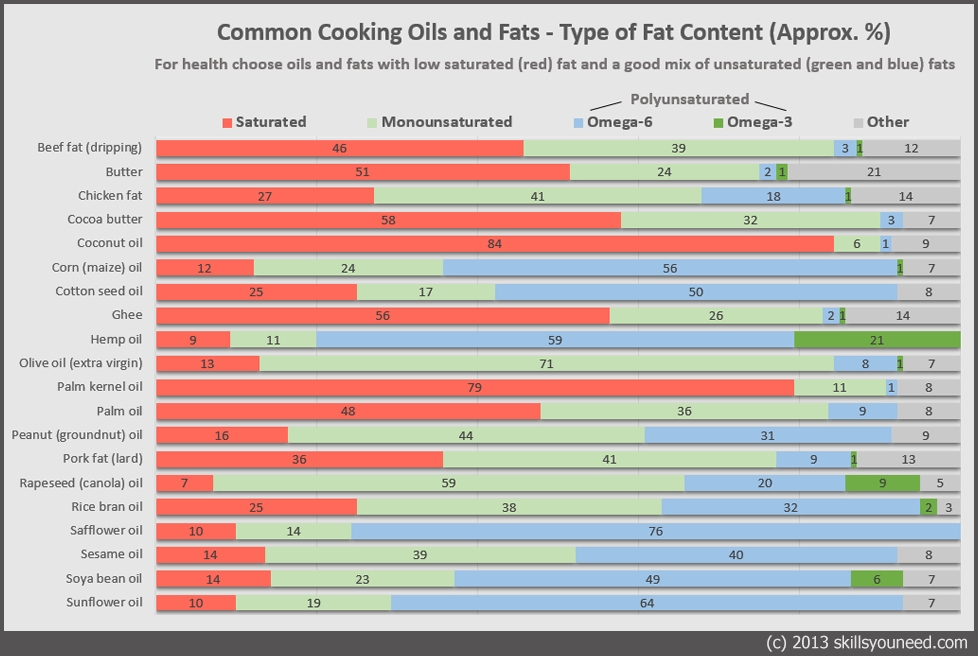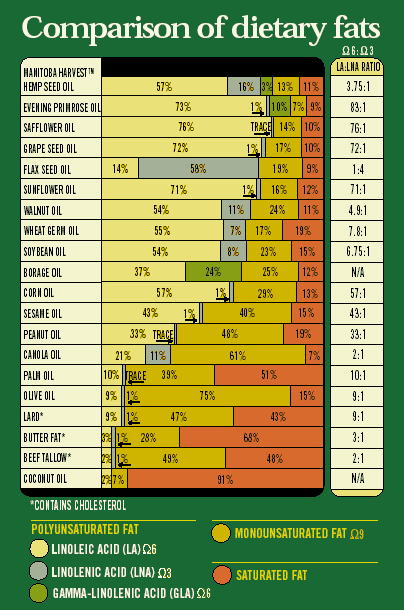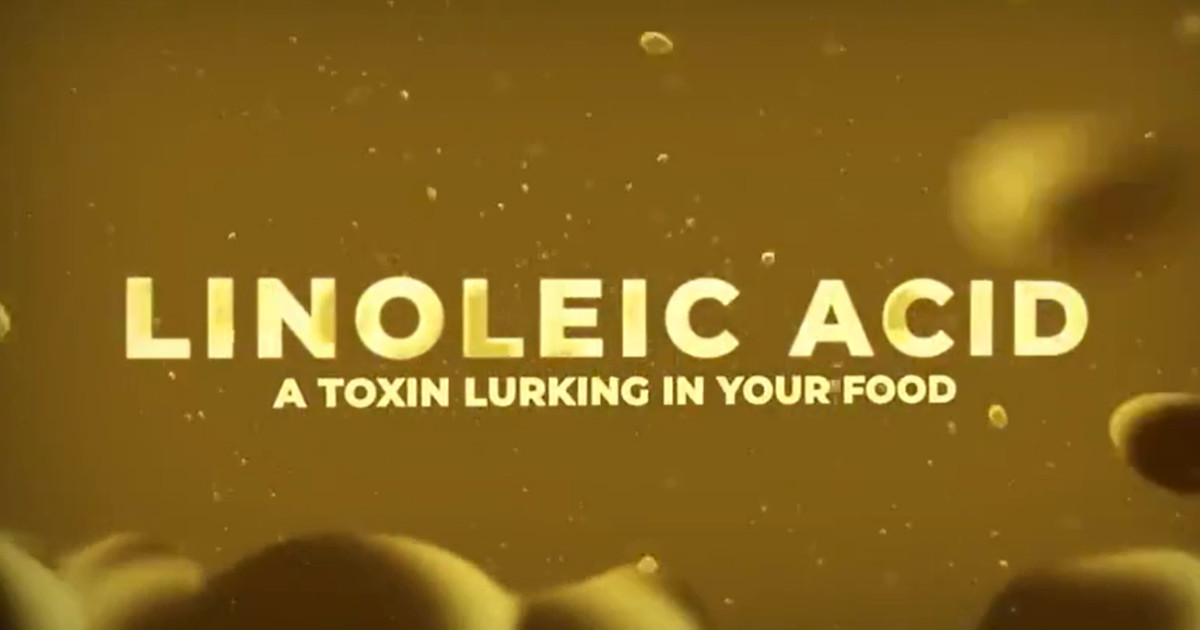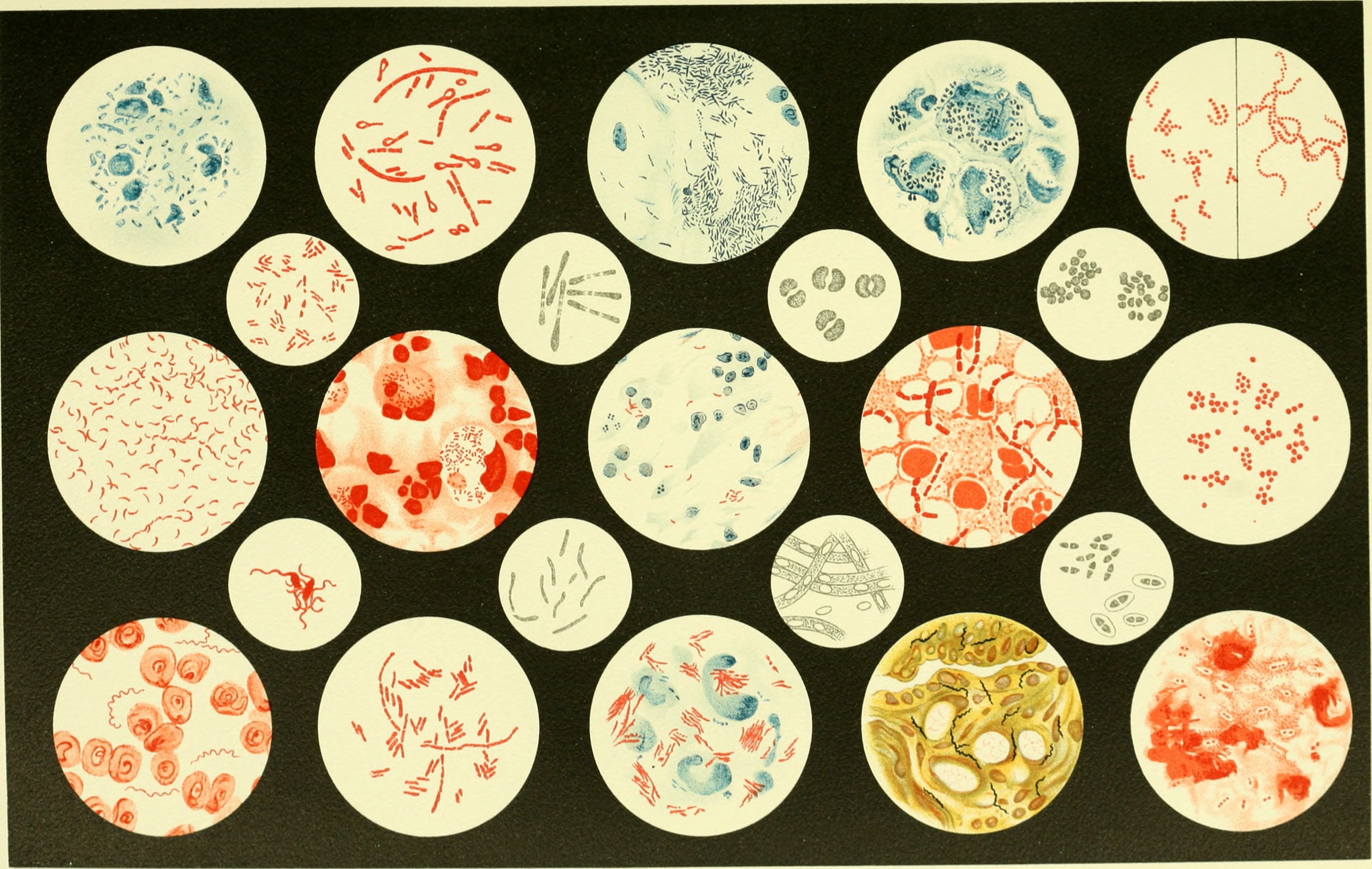Solving The Riddle--Two Dietary Measures That Can Save You From Weight Gain, Inflammation, And Disease

Of all the pro health dietary measures you can take, this article discusses two fairly recent discoveries in dietary health that, when implemented, can bring synergy to and leverage all of the dietary measures you've taken thus far in your life and bring across the board improvement to your state of health. (I know this is a very bold statement, read on and see if you agree!)
Over the past few years I have been an avid consumer of health information. One thing I have noticed along the way is how experts espouse positions that are incompatible with each other or that, as a minimum, are inconsistent with observable situations. For instance, in regards to the currently popular keto diet--which places an emphasis on low carb meals and reducing insulin resistance--that diet fails to account for remote populations that do very well on high carb diets (granted, the diets of those populations are untainted by refined carbs, sugars, and unhealthy fats!) Also, what about plant based diets as opposed to "nose to tail" carnivore diets, or low fat vs. "healthy fat" diets, eating foods raw to get the enzymes vs. pressure cooking foods to remove lectins, or taking supplements or getting all nutrition from food? These are just a few examples of the many dichotomies one may encounter on their path of learning more about dietary health.
The scope of the two dietary measures presented below provide new vantage points, I believe, that help fill in the knowledge gap that above described perspectives are not geared to address.
First Measure - Discover 1) how the Condition of the Soil that Produces the Foods You Eat and 2) how the Absence of Glyphosate in your Food and Environment Both Directly Impact your Health
Zach Bush, a triple-certified practicing MD, who Dr. Mercola (a well known MD in his own right) says is deserving of the Nobel Peace Prize has done groundbreaking research on the effects of glyphosate on human health and disease. You can watch the following Zach Bush/Joseph Mercola video and listen to the Zach Bush/Ben Greenfield podcast to discover more about this health measure:
1) This webcast of an interview with Stephanie Seneff produced by The Legal Edition provides an excellent summary of how glyphosate is connected with ill health and disease. It provides a good overview of the topic: https://www.youtube.com/watch?v=TAantssLvqg (29 minutes). Here's another great interview Stephanie Seneff gave on glyphosate: https://www.youtube.com/watch?v=1ap0DlPKn0s (50 minutes).
2) Dr. Mercola interview with Zach Bush: https://biontologyarizona.com/2017/09/effects-of-glyphosate/ (1 hour, 9 minutes).
3) Ben Greenfield interview with Zach Bush (audio only): https://bengreenfieldfitness.com/podcast/lifestyle-podcasts/what-to-do-about-glyphosate/ (1 hour, 25 minutes).
Simple solution for health measure #1
Buy organic foods to reduce intake of glyphosate. As a side benefit, you'll be getting more nutrient dense foods that don't have a reduced nutrient profile due to the glyphosate and that are not raised with the aid of biosolids (i.e. 95% detoxified human waste).
Second Measure - Discover How Seed Oils--More Specifically Linoleic Acid Omega 6 PUFAs (Poly Unsaturated Fatty Acids)--Directly Contribute to Obesity, Inflammation, and Disease
Here are three audio podcasts to listen to and and three audiovisual podcasts to watch or listen to discover more about this health measure:
1) This podcast will introduce you to both Tucker Goodrich and the topic of high quantities of linoleic acid--which are prevalent in the modern diet--being harmful to health: https://www.peak-human.com/post/tucker-goodrich-on-vegetable-oils-being-at-the-heart-of-modern-disease (1 hour, 34 minutes). This podcast can also be found on Tucker Goodrich's "yelling stop" blog along with additional information: https://yelling-stop.blogspot.com/2020/12/podcast-interview-tucker-goodrich-on.html (1 hour, 34 minutes, audio only) In that post, Tucker quotes Joe Kalb who wrote that this "Peak Human podcast with host Brian Sanders and guest Tucker Goodrich is my favorite health podcast episode of 2018."
2) In a great round table discussion that covers pioneering research on lineoleic acid, David Gornoski and nutritional researcher Tucker Goodrich talk with distinguished professors Bruce Hammock and J Bruce German: https://aneighborschoice.com/omega-6-linoleic-acid-research-with-prof-bruce-.hammock-prof-bruce-german-and-tucker-goodrich/ (1 hour, 14 minutes).
3) Michael Edes presents a new hypothesis of obesity and, interestingly, lineoleic acid gets top honors as the likely culprit (he presents all of the science behind it but in a fun and interesting way!): https://www.youtube.com/watch?v=pIRurLnQ8oo (43 minutes).
4) Another Tucker Goodrich podcast, this one featuring Tucker Goodrich speaking with Dr. Bret Scher: https://lowcarbcardiologist.com/lccp037-tucker-goodrich-omega-6-seed-oils-and-our-health-another-medical-paradox/ (1 hour, 4 minutes). Dr. Scher puts Tucker in the same class of other great "citizen scientists" such as Siobhan Huggins, Dave Feldman, and Ivor Cummins.
5) Paul Saladino (a carnivore) gets Tucker Goodrich to tell his story about research on seed oils (note: if you're not a carnivore, just mostly pay attention to Tucker Goodrich's side of the discussion): https://www.youtube.com/watch?v=DyVwn0kRGJs (2 hours, 1 minute).
6) Finally, here's a Dr. Mercola interview with Tucker Goodrich: https://www.scribd.com/listen/podcast/492930972 (it's 2 hours, 2 minutes long but you'll get the whole story!).
Interestingly, this last podcast includes information on how linoleic acid in seed oils create some of the same physiological effects in the lungs as smoking; also explained are the scientific studies that demonstrate how linoleic acid breakdown in the body--in a way similar to how SARS (Sudden Acute Respiratory Syndrome) operates--can trigger ARDS (Acute Respiratory Distress Syndrome). Mentioned in the interview, but more fully explored in a blogpost, Tucker Goodrich draws from human studies to show that patients given enteral (feeding tube) nutrition containing traditionally used seed oils, such as soybean oil, increased the risk of ARDS seven fold.
Simple solution for health measure #2
Reduce to the greatest extent possible omega 6 seed oils from your diet--by reducing intake of safflower and sunflower oil (unless clearly high oleic), corn oil, soybean oil, and cottonseed oil--avoid restaurant meals that are cooked or fried in seed oils as much as possible, avoid salad dressings made from cheap seed oils, and reduce or eliminate donuts from your diet (or find ones cooked in beef tallow or other animal fat!). In today's modern dietary climate, it's virtually impossible to consume too little linoleic acid--only about 2 tenths of 1% lineoleic acid is needed for good health!
Additional Fatty Acid Web Resources and Ready Reference Info (From Bill Lands)
NIX the 6 and EAT the 3 - EFA education website and Omega Balance Scores
After writing the first part of this article I found a great website that presents great articles on the problems and science behind HUFA (Highly Unsaturated Fatty Acids): https://efaeducation.org/ ; a related website contains a database of omega balance scores on over 5,000 specific foods: https://omega3scores.com/. The person behind the website is Bill (William) E. M. Lands, who is credited for discovering how excess omega 6 fatty acids cancel the benefits of beneficial omega 3 fatty acids and cause other health issues.
The following quote can be found at: https://efaeducation.org/consequences/
The % omega-6 in HUFA is a blood biomarker useful for HEALTH RISK ASSESSMENT. It can be monitored with a simple blood test. Higher proportions of the omega-6 acids (and lower omega-3 acids) mean higher health risk as shown in the Figure below. The HUFA balance in body tissues from which the hormone-like eicosanoids are created can range from 25 to 85% omega-6. You can lower the %n-6 in HUFA when you NIX the 6 while you EAT the 3.
[click here to view the Figure mentioned in the excerpt]
Tom's Additional "Ready Reference" Information On Fatty Acids
After doing some additional reading on oils I found a couple of charts that are helpful to use as a guide. If you "avoid the blues" in the following chart, you will do well!

Oils to Avoid: As noted on the chart, the top six offenders are: 1) Safflower Oil (unless high oleic) 2) Sunflower Oil (unless high oleic), 2) Hemp Oil, 3) Corn Oil, 4) Cottonseed Oil, and 5) Soybean Oil, 6) Sesame Oil*.
Not the Worst, But Not The Best Oils: Rice Bran Oil, Peanut Oil, and Rapeseed (Canola) Oil don't make the top six "worst" list but there are much better oils and fats available. Canola oil is probably the best of these "middle of the road," not so bad, but not so great oils.
The Best Fats and Oils: Beef Fat, Butter, Cocoa Butter, Coconut Oil, Ghee, Olive Oil (Extra Virgin), and Palm Kernel Oil are the best fats and oils to consume, especially for cooking.
*It turns out that sesame oil itself contains protective factors that helps offset the negative effects of the linoleic acid that it contains, so perhaps this feature of sesame oil should place it in the "middle" group or better.
What about Palm Oil? Palm oil has some great pluses, such as tocotrienols (a much better form of Vitamin E than the tocopherol form of Vitamin E found in most supplements). On the other hand, Palm Kernel Oil has an abundance of Lauric acid (47.8%) which has good antimicrobial properties. Palm Oil doesn't have a high linoleic acid content, but it's linoleic acid content at 10.1% is higher than the 2.4% found in Palm Kernel Oil; on the other hand, Palm Oil has much more healthy oleic acid content (39.2%) than Palm Kernel Oil does (15.4%). For the time being, I am only listing Palm Kernel Oil under the heading of "The Best Fats and Oils" due to recent research showing that palmitic acid, found in abundance in Palm oil (44%), can promote oral cancers and that it can also alter the the cancer genome and increase the likelihood that it will spread.
The "Avoid the Blues" list above didn't list Flax Seed Oil. From what I can decipher from the research, Flax Seed Oil's high 58% Omega-3 Alpha Linolenic Acid (ALA) content transcends its 14% Linoleic content and therefore is probably in a category of its own and can be considered to be a recommended oil if it is organic virgin flax seed oil used with other healthy oils, such as in a salad dressing (here is my favorite) and if it isn't used for cooking. (The chart below lists Flax Seed Oil; the chart was included in a 2016 article written by Dr. Mercola entitled "The Science is Practically Screaming . . . Don't Make This Trendy Fat Mistake.)

Final Thought
I hope you have enjoyed this relatively new, scientific information on soils, the impact of glyphosate, and the widely varying impact that dietary fats and oils can have on our health!

